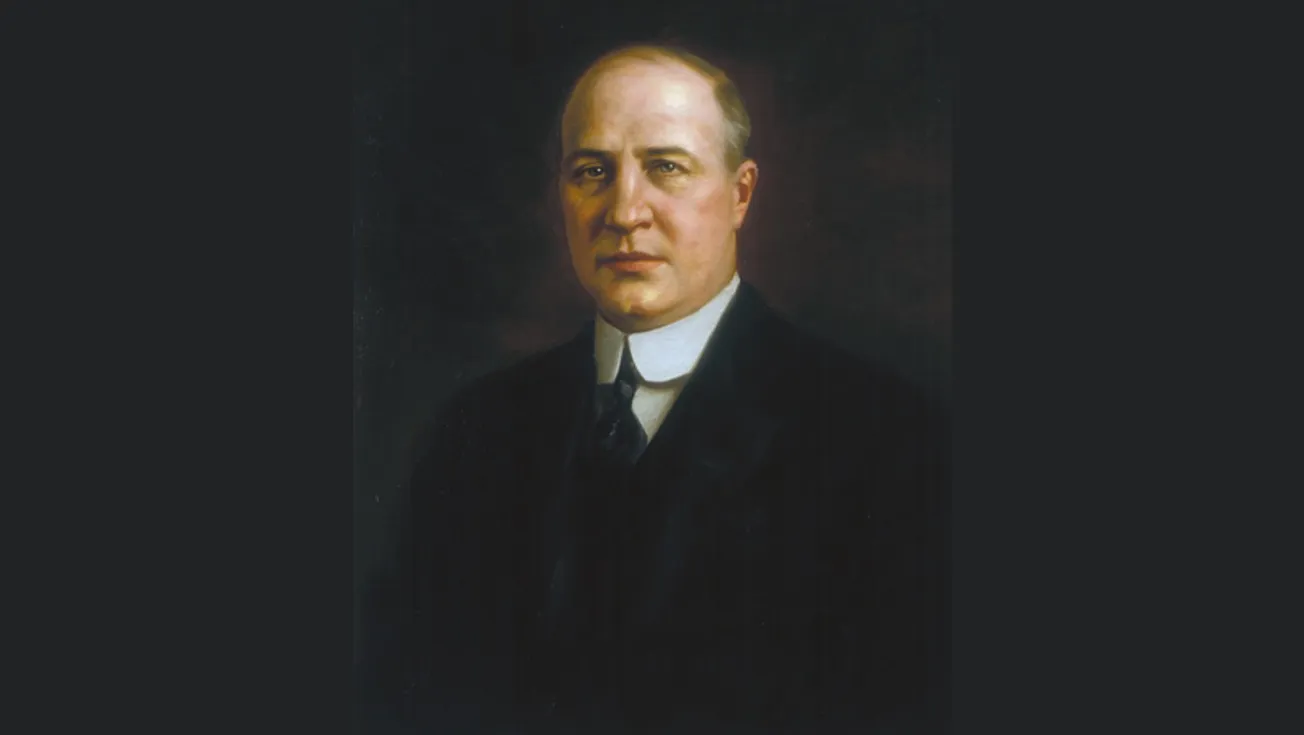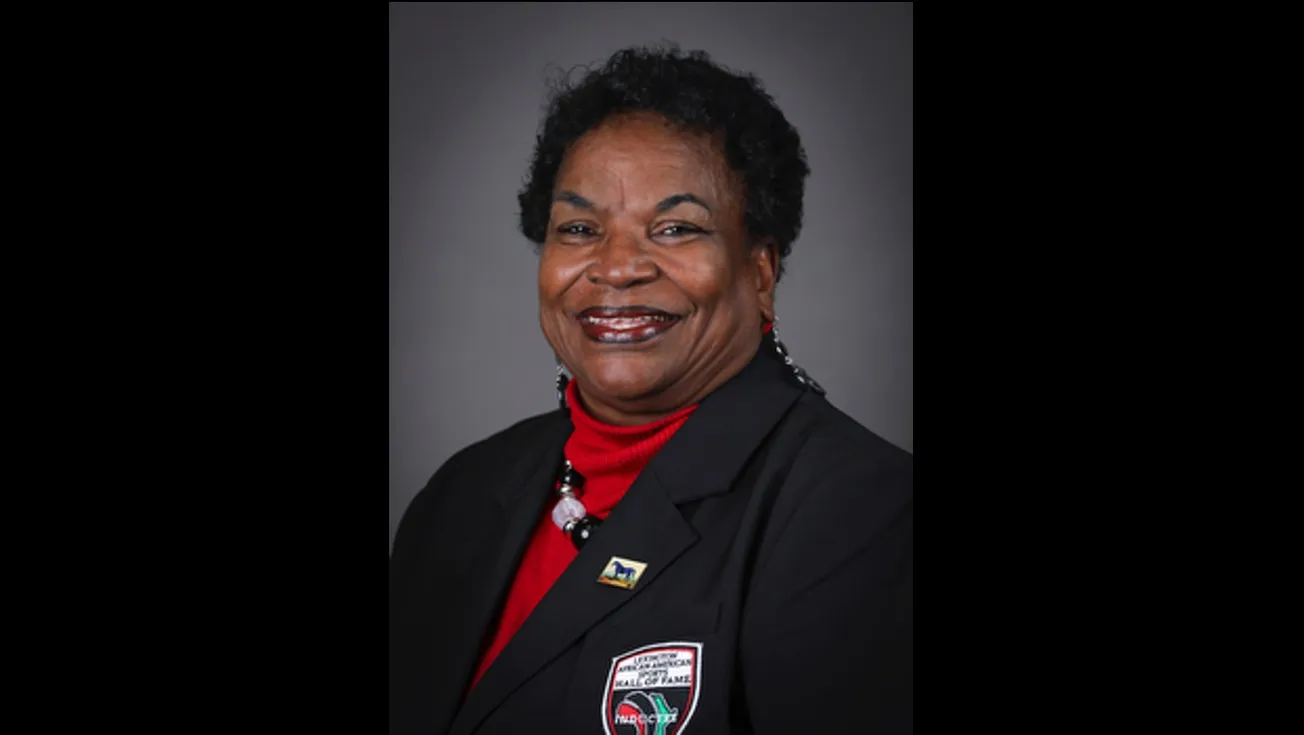Daniel Cameron ought to open a Kentucky history book and read about Ed Morrow, the GOP candidate for governor in 1915.
Kentucky’s attorney general, Cameron seldom misses a chance to demonize Gov. Andy Beshear, the Democrat whose job he wants.
“Howdy Ed” Morrow refused to demagogue against his opponent, Democrat Augustus Owsley Stanley.
While venom and vitriol are largely Cameron’s campaign trail stock-in-trade, they weren’t Morrow’s (or Stanley’s.)
Stanley – who went by “Owsley” – was from Henderson, where he maintained that “the cypress trees grow so tall that the topmost branches tickle the feet of Democratic angels in Heaven and the roots go so deep that they scratch the bald heads of Republican sinners in Hell.”
Morrow called Somerset home. Democrats admitted, if grudgingly, that “Howdy Ed” was Stanley’s equal in stump oratory.
Neither candidate allowed politics to spoil a friendship. They genuinely liked each other.
I suggested to students in my Kentucky history classes at West Kentucky Community and Technical College in Paducah that the Morrow-Stanley race for governor is a good lesson on how politicians ought to campaign today.
But let’s be clear, the meanness in the current governor’s race is coming from the AG, not the incumbent.
While Cameron evidently views politics as a holy war, Beshear doesn’t. Neither did Stanley nor Morrow.
“Like sports figures, they competed with all their energy, fought hard for the victory, and gave it their all for the cause,” James C. Klotter, Kentucky’s state historian, told me for a “Louisville Courier-Journal” op-ed I wrote on the centennial of the Morrow-Stanley hustings. “But once the day ended or the contest concluded, win or lose, they left the field respecting their opponent, put aside the past events, and met as friends. ... And because of that attitude, because they did not see the opposition as the devil incarnate, they could craft constructive actions and generate good will, not anger.”
On the stump at Fancy Farm, Cameron added a hefty helping of rhetorical red meat to the political bill-of-fare this year. The state’s top cop claimed that Beshear appeases “woke radicals” and cozies “with anti-Christian hate groups.” (The gov and First Lady Britainy Beshear are deacons at Beargrass Christian Church in Louisville.) Cameron charged that President Joe Biden and Beshear share a “radical ideology.” They “mock our faith, our families and our values, and they try to cancel anyone who disagrees,” according to the AG.
Beshear followed Cameron to the podium, declaring, “we all have fun at Fancy Farm; we throw out some zingers.” He aimed kinder, gentler jabs at his opponent, while mainly stressing his record in office. But he called out Cameron and the Republicans for “trying to pit us against each other, calling everybody names who disagrees with them, telling you it’s okay to yell at, even hate, your fellow Kentuckians.”
Beshear said he is “ready to prove” that Cameron is pursuing a “losing strategy.”
A September poll commissioned by Team Beshear suggests he might be right.
Stanley edged Morrow in 1915, even though the Democrat reportedly had imbibed too much bourbon and burgoo at a joint campaign stop and threw up in front of the crowd. Morrow apparently had overindulged, too, but managed to give a reasonably coherent speech. Stanley followed his rival to the podium and profusely apologized, explaining that Morrow’s speeches made him vomit, or so the story goes.
Morrow was elected governor in November, 1919. It wasn't a rematch with Stanley; governors then could serve only one term. Besides, Stanley had resigned in May to take a U.S. Senate seat he'd won in 1918.
Morrow and Stanley remained pals until “Howdy Ed” died in 1935. A “Lexington Herald-Leader” editorial recalled the 1915 campaign: “On hot summer days in Cheapside, the two candidates exchanged barbs that kept crowds of listeners in an uproar. After the speechmaking it was the custom of both men to retire to a hotel room, partake of liquid refreshments and forget the whole thing.”
The “Kentucky Post and Times-Star” quoted Stanley on Morrow’s death: “We fought like two fighting chickens, but Ed never struck below the belt. We were always good friends.”
In a story about Stanley’s passing in 1958, the “Courier-Journal” reported that “ten years after Morrow died … Stanley selected his own resting place [in the historic old Frankfort Cemetery] as near as practicable to the tomb of his old friend.”
--30--








